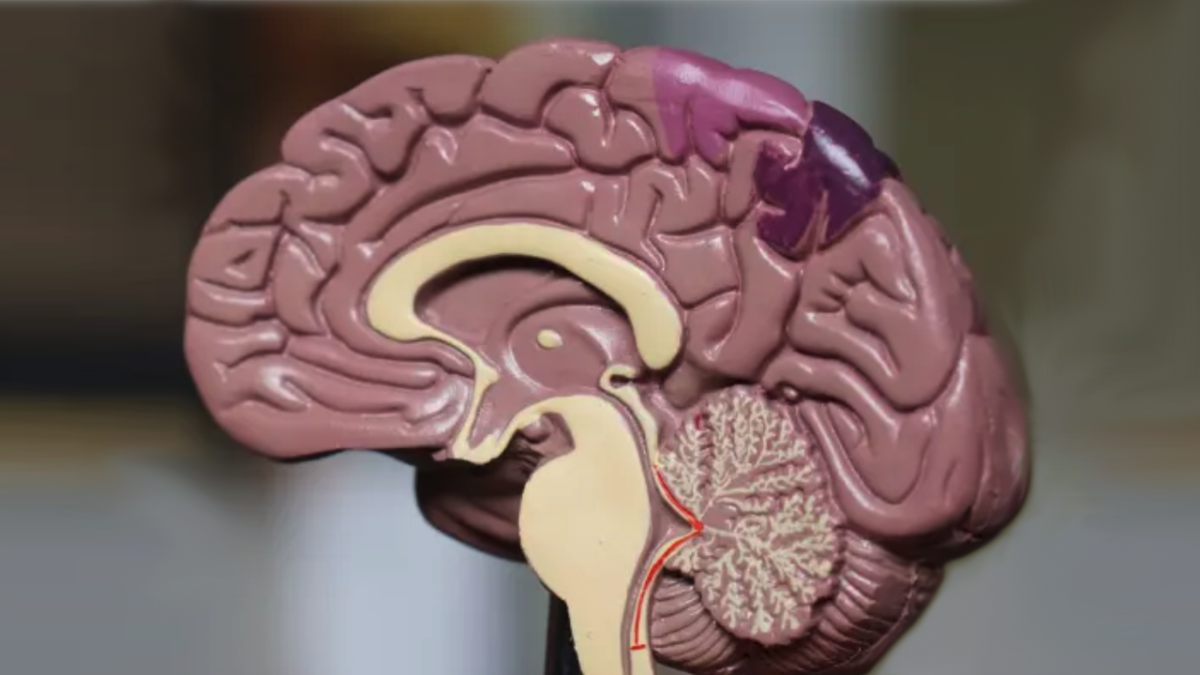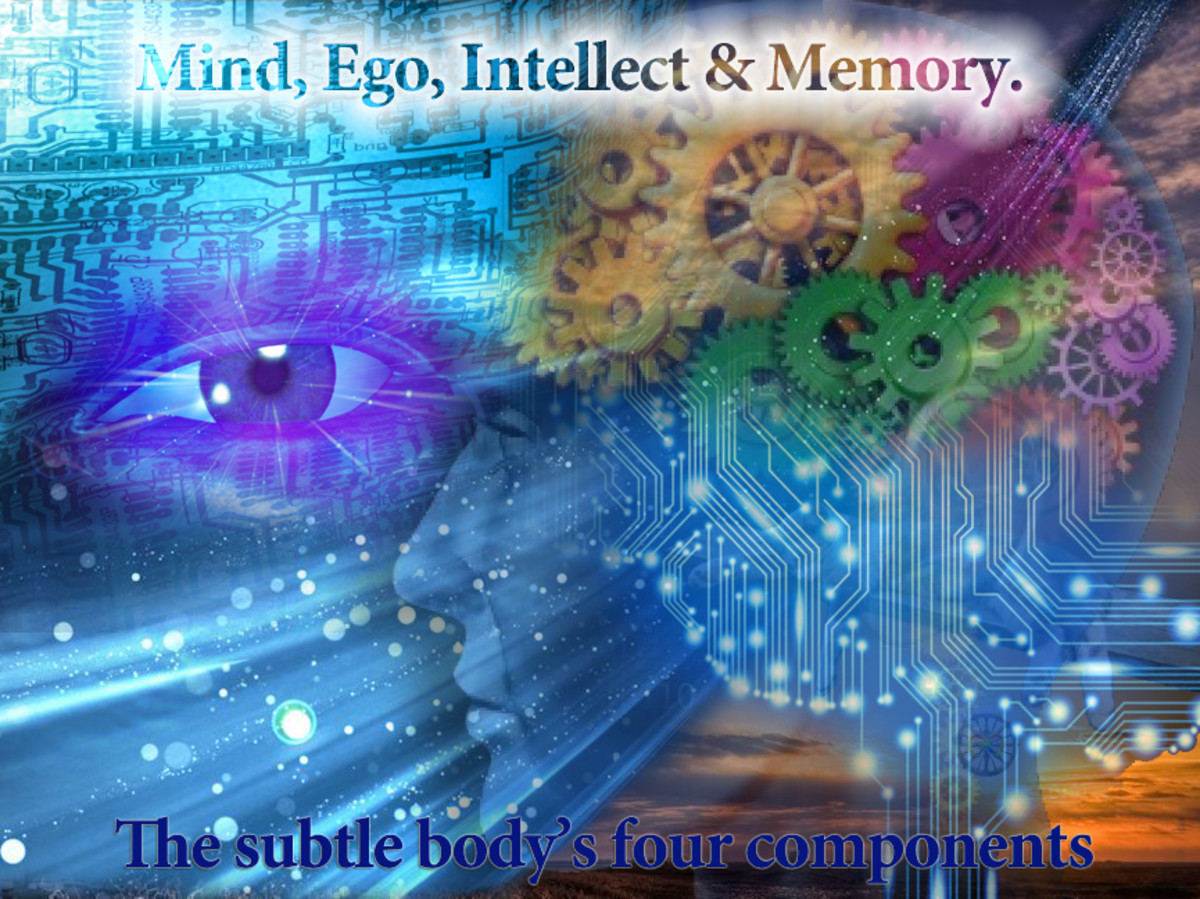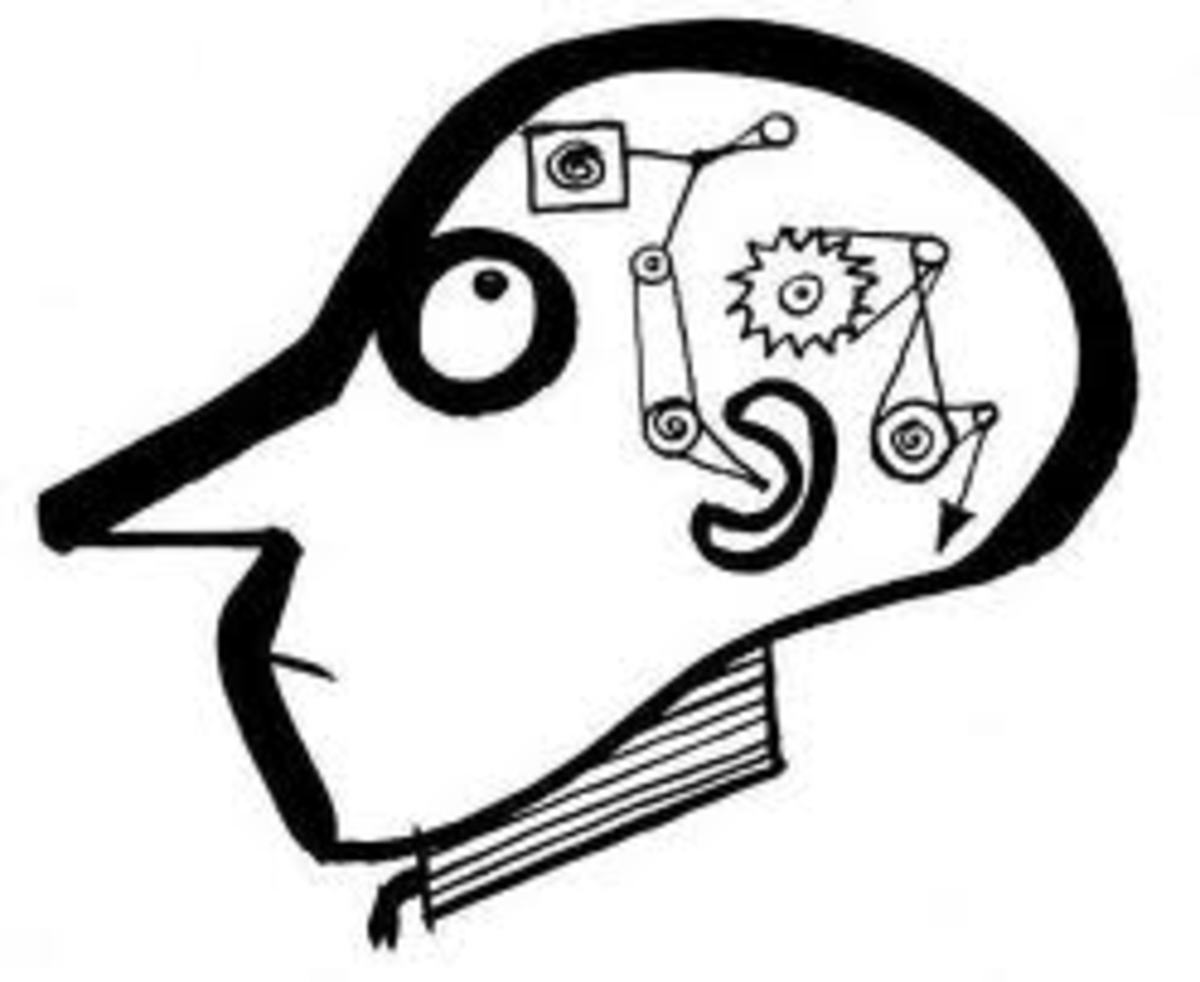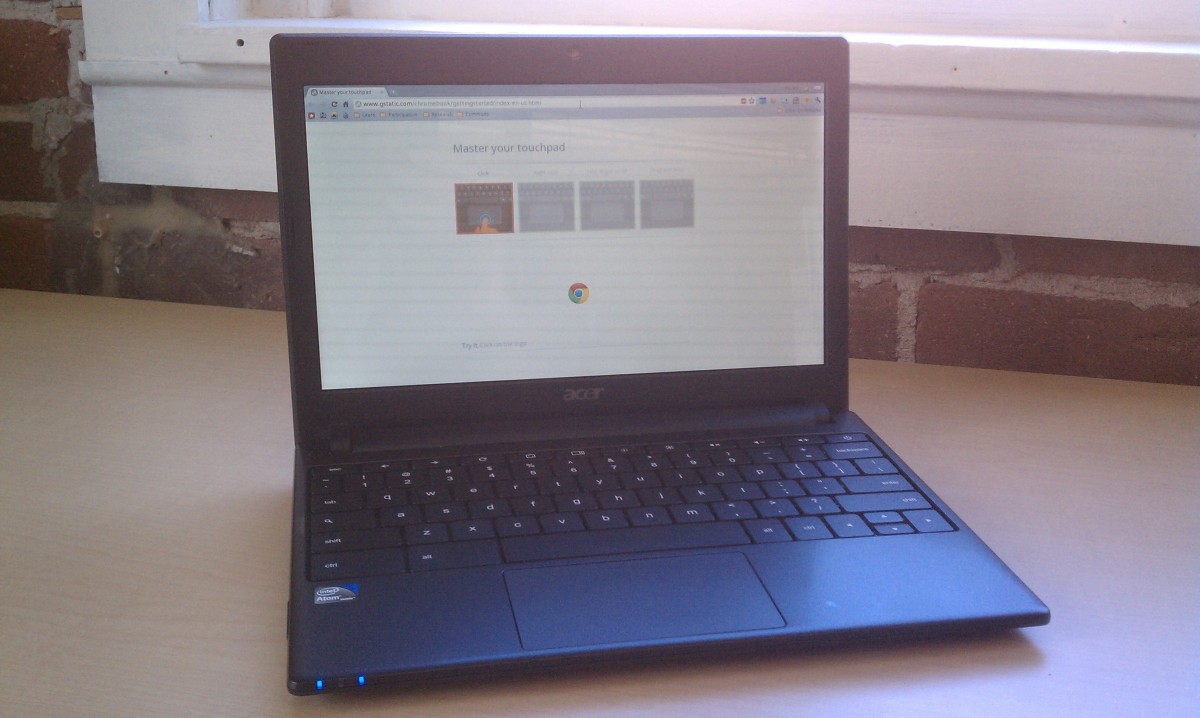Shocking Proof That the Mind Can Subsist Independent of the Brain, Part - I
Scientist believe that as the brain dies, mind dies with it. Both are the same and mind is just another word for the brain in a more abstract sense encompassing the consciousness and can be explained as a set of cognitive faculties including consciousness, perception, thinking etc. the psychologists however believe that brain and mind are different and are a part of a dichotomy. It can be proved that both the schools of thought are incomplete. Mind and Brain are actually bound in a continuum where mind needs the physical mechanics of the brain to projects itself but can subsist at a rudimentary level independent of the brain. Only this approach can explain a plethora of well documented cases of reincarnation where a 2-3 year old child has not only narrated stories of his/her previous birth in great detail but has also taken people to places of her previous dwelling and many have helped solve seemingly unsolvable crime investigations related to their previous birth/s.
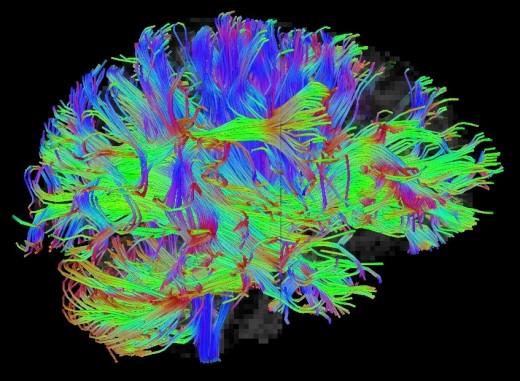
A storm of electrical and chemical activity continues incessantly inside our brain all the time. This powerhouse called the human brain is built with 86 billion neurons firing away, communicating with other neurons and creating a network of astounding intricacy. Containing phenomenal complexity a human brain consists of chemically and electrically excitable neurons which facilitate a plethora of specialized tasks.
Each neuron is capable of connecting with tens of thousands of other neurons. Billions of these minicomputers interacting in a small space with tens of thousands of other minicomputers at a time, is exactly what makes the human brain a unique marvel. Dendrites extend from the neuron cell body and receive messages from other neurons. Synapses are the contact points where one neuron communicates with another. The dendrites are covered with synapses formed by the ends of axons from other neurons. When neurons receive or send messages, they transmit electrical impulses along their axons, which can range in length from a tiny fraction of an inch to three feet or more.
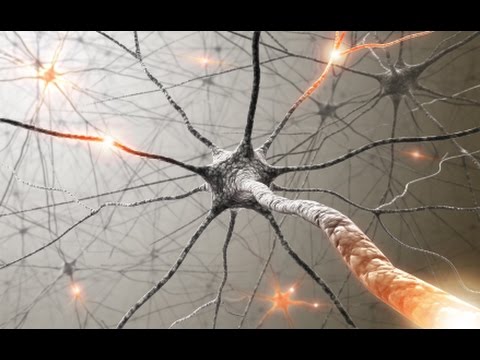
But if what I described above is the human brain, the question arises, ‘What is mind?’ Sir Julian Sorell Huxley (1887 – 1975) was a British evolutionary biologist, eugenicist, and internationalist, a proponent of natural selection and a leading figure in the mid-twentieth century modern evolutionary synthesis. He was secretary of the Zoological Society of London, the first Director of UNESCO, a founding member of the World Wildlife Fund and the first President of the British Humanist Association. He enquired, ‘Is the brain a good enough explanation for describing the mind?’
His response to this enquiry is vital to reveal the solution to the Mind-Brain question. He declared, ‘the brain alone is not responsible for the mind, even though it is a necessary organ for its manifestation. Indeed an isolated brain is a piece of biological nonsense…’ Joe Dispenza, a chiropractor, author, a follower of Ramtha's School of Enlightenment and the author of the popular book, 'Evolve Your Brain,' defines mind in a different manner. In his book he observes, ‘Now that we have the technology to observe a living brain, we know from functional brain scans that mind is the brain in action.’ He then lays down the fact that in order for the mind to exist the brain must be alive. According to him, ‘The brain is, therefore, the physical apparatus through which the mind is produced.’
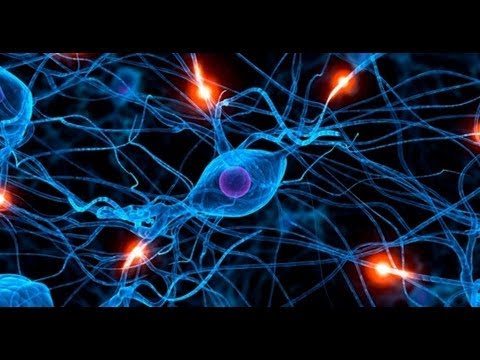
Human beings are viewed in fundamentally two different terms, either as biological beings driven by millions of biochemical reactions taking place simultaneously in every cell of the living body or as spiritual beings crafted by a divine force driven by consciousness that manifests itself as life and conducts and coordinates each and every one of those millions of biochemical events. Both of the above views display principally the same fact that the living human body is a house of countless intricately designed micro-systems which are integrated in such a form that each one is vital for the existence of all the others. Now the question is, ‘Is any of the above two views absolute or is there a third stratum which fundamentally defines our existence with the greatest degree of preciseness?’
One of the biggest and most talked about questions of all time is, ‘Are brain and mind the same?’ The answer is no and it can be proved. But for that, let us first understand the need for the concept of mind.
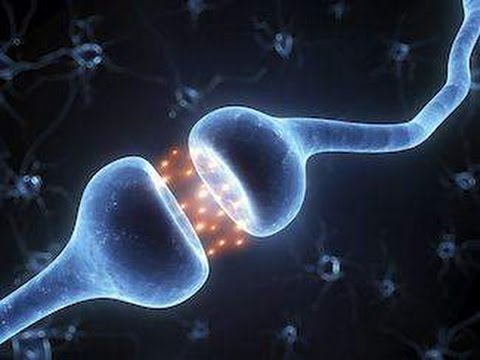
There are a multitude of phenomena that cannot be explained by the physiology of brain alone. For example, lab tests have proven that we all own a form of creative energy that operates beyond the limits of time and space. I have described this in detail in my book, ‘What you did not know about the paranormal!’ To test the presence of any kind of psychokinesis in the living beings, Dr. Dean Radin, a physicist and the author of the book, ‘Supernormal’ took it to the next level and decided to test it in the lab. Dr. Dean Radin has been Senior Scientist at the Institute of Noetic Sciences (IONS), in Petaluma, California, USA, since 2001, and is on the Adjunct Faculty in the Department of Psychology at Sonoma State University, on the Distinguished Consulting Faculty at Saybrook Graduate School and Research Center, and former President of the Para-psychological Association. He is also co-editor-in-chief of the journal Explore: The Journal of Science and Healing.
Do you believe that mind and brain are different?
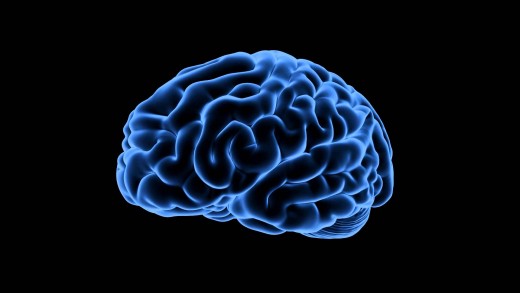
The experimental study was nicknamed Love Study and the objective was to find whether people who were emotionally connected with each other could help in the healing of their partner without even touching them. The couples would be sitting in different places and would have to train themselves to try to heal their partners by just ‘sending’ distant ‘healing intentions.’
After a series of tests it was confirmed that this is in fact very much possible and that we all possess this kind of power of psychokinesis that can be empirically tested in a lab too. The workings of the human brain alone, cannot explain this phenomena.
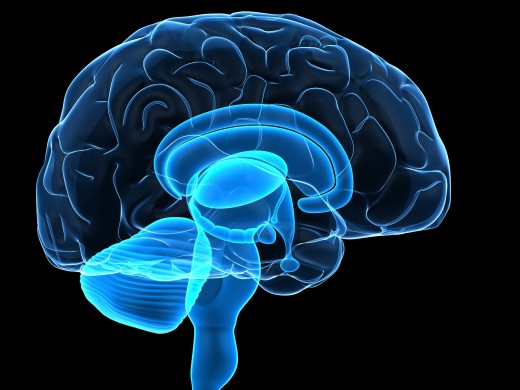
In the case of David Binks who was dead for 70 minutes, the brain was clinically dead for more than an hour, yet somehow he was miraculously resuscitated after such a long time had passed. The most baffling fact about this case is that there was virtually no damage to the brain. Whereas it is a known fact that after five to ten minutes of oxygen deprivation, the brain is seriously and irreversibly damaged. Something facilitated the resuscitation of David Binks. Something, which cannot be explained, by even the highest most complicated functions of the brain.
It is therefore vital to understand that there is a set of functions which are performed by the mind, through the brain. The mind manifests itself through the brain in a living person and the brain alone cannot perform these functions that are the subset of the mind.
Now that being said there is one very important fact implicit to the mind-brain concept. Definitely, brain is the hardware essential for the existence of mind and it is inaccurate to call the state of existence of the mind and brain as the mind-brain duality; instead, it must be described as the mind-brain continuum. After all the mind-brain continuum is what generates, facilitates and sustains life.

